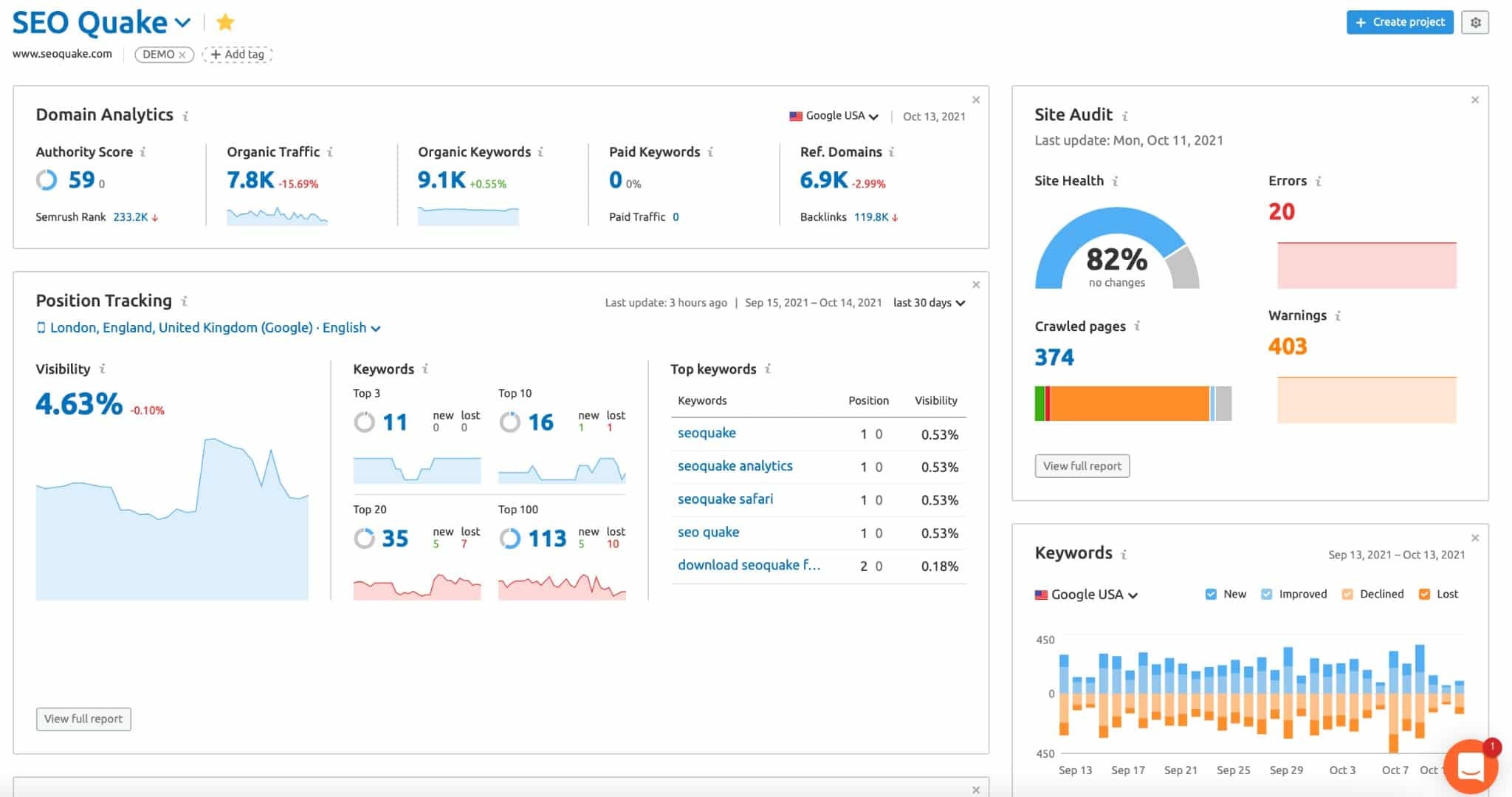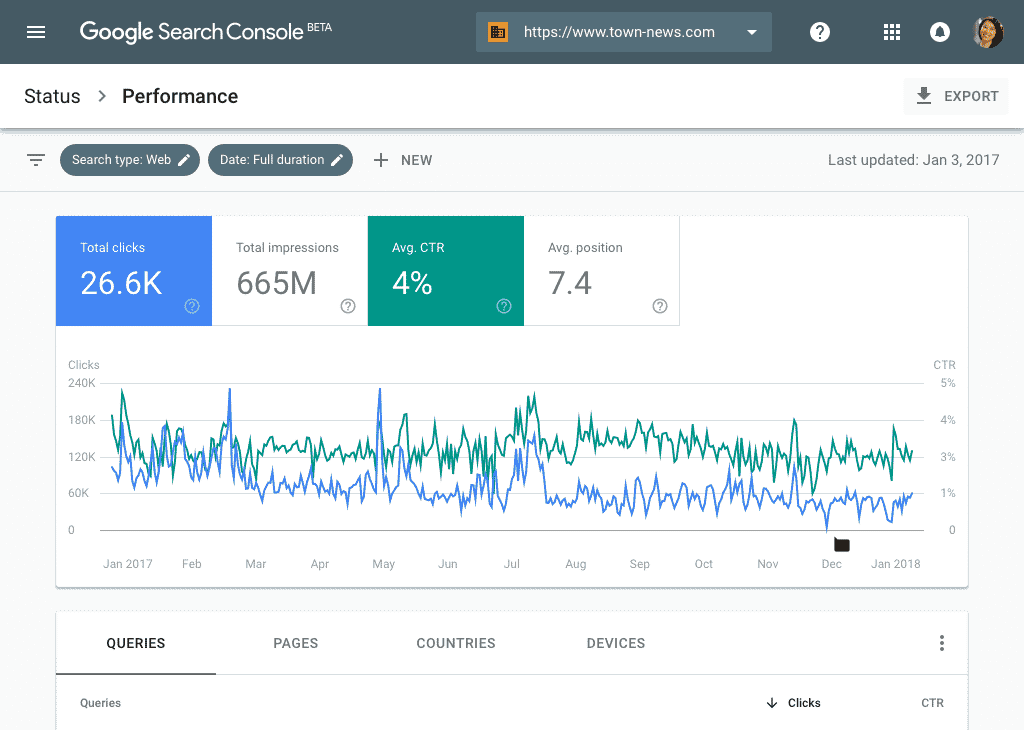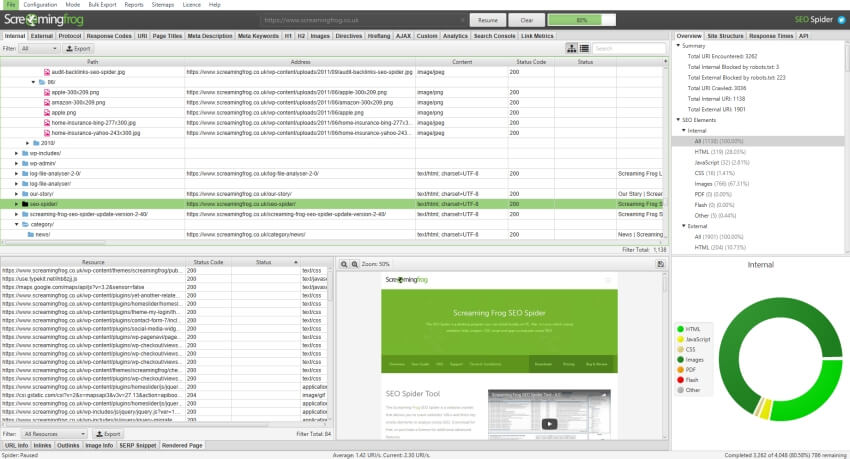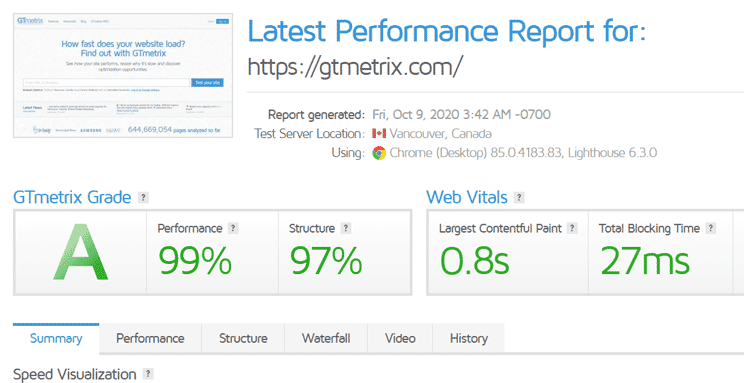[ad_1]
While it is great to know how to conduct a full technical SEO site audit by hand, doing so repeatedly may not be your most efficient route. Try some of the technical SEO audit tools on this list, and you can ensure your site is optimized while saving a ton of time and effort.
What is the Purpose Of A Technical SEO Audit?
Technical SEO refers to a collection of practices used to create and optimize websites so that search engines can crawl, index, and render them with ease. It covers such areas as page speed, URL structure, user-friendliness, and more. Although having top-notch, SEO-friendly content on your site is essential for pleasing visitors and search engines, faults in your technical SEO will prevent you from achieving the ranking you desire.
How can you ensure your site’s technical SEO is up to snuff? By performing a technical SEO audit that will check the health of your website to ensure no glaring issues are present that could prevent you from placing high in the SERPs.
How frequently should you perform a technical audit? The answer to that will vary according to who you ask, but most say you should at least conduct a mini audit monthly and a full audit every four to five months.
Performing technical SEO site audits by hand can be quite the lengthy and time-consuming process since it can involve all of these steps:
- Crawling your site to look for issues.
- Reviewing and optimizing your sitemap.
- Making sure that there is only one browsable version of your website.
- Checking your internal links and backlinks.
- Reviewing your HTTPS content.
- De-indexing low-value pages.
- Checking the speed of your site and making the necessary tweaks to increase it.
- Comparing your site metrics with Google Analytics.
- Re-crawling your website.
We give an-depth checklist and overview of technical search engine optimization in our Overview of Technical SEO.
Experienced digital marketers can take an hour to complete a comprehensive audit, while beginners may take several hours. What can make your auditing job a lot easier so you can perform it more frequently? SEO tools that can assess your site’s technical SEO quite quickly while giving you suggestions on how to fix any problems. And as a bonus, many SEO tools also perform on-page and off-page auditing to ensure that your site is fully optimized from head to toe.
The Top SEO Tools For Technical Audits
If you are looking to save time and effort when ensuring that your site’s technical SEO is up to par, try these tools that can help you with audits and much more.
Semrush Site Audit
When it comes to SEO tools, Semrush is one of the most trusted names on the market. Its Site Audit tool will sift through your website to ensure it is error-free in over 130 technical and on-page SEO areas.

While its extensive site auditing is impressive, what sets Semrush apart from the rest is its reporting. With detailed reports for site performance, crawlability, and more, you can easily spot issues that are hurting your SEO so you can prioritize which need to be fixed first.
The major downside to using Semrush for your technical SEO auditing needs is its price. You are looking at around $100 per month to unlock all of Semrush’s features, which could be too much for a beginner’s budget. However, if you have the cash to pay for it, Semrush is well worth it since it does much more than site auditing. At the very least, give Semrush Site Audit a try. You can audit up to 100 pages for free (including all features and reporting) before moving to the paid version.
You can learn more about Semrush in our Semrush SEO Tool Review.
You can also see how Semrush stacks up against other SEO tools by reading our comparison reviews below:
Google Search Console
Google Search Console is a free tool from the tech giant Google that helps web developers, administrators, and marketers keep an eye on where they stand in the world’s most popular search engine. It has a host of tools that you can use to check for common technical SEO problems.

For example, the console can tell you if all of your new pages are being indexed and whether your pages are accessible to Google’s web crawlers. If any spam or indexing issues arise, Google will spot them and let you know via alerts so you can fix them as quickly as possible. Beyond that, Google Search Console also lets you track your keyword ranking positions, view your complete backlink profile, and more.
SEOmator

If you are looking for a site auditing tool that covers each corner of SEO (on-page, off-page, and technical), then SEOmator may be your best fit. Start using SEOmator, and you can ensure that your site is error-free and optimized in the following areas:
- Page speed
- Structured data
- Crawlability
- Redirect chains
- Broken links
- Mobile responsiveness
- HTML tags
- Backlinks
- Internal links
- Content quality
- Multilingual support
- Social media
As you would expect, SEOmator does not perform technical, on-page, and off-page SEO audits for free. Luckily, it has different pricing plans to fit varying needs. If you plan on performing frequent site audits, you can get a monthly subscription that starts at $19. And if you want to perform a single audit when needed, that will set you back $5 each time.
Screaming Frog SEO Spider
Some of the world’s best-known brands, such as Amazon, Apple, and Disney use Screaming Frog SEO Spider as their technical auditing tool. Why? Because it is a website crawler that can quickly analyze sites of all sizes and give recommendations on how to optimize them.

Perform a technical SEO audit with this tool, and you can check your site to:
- Pinpoint duplicate pages.
- Detect broken links.
- Find and fix broken redirect chains.
- Accelerate page indexing by creating accurate XML sitemaps.
- Spot pages with missing or poorly optimized metadata.
- And more.
SEO Spider has a free version that lets you spot common technical SEO problems and crawl up to 500 URLs. To unlock all of its features, you will have to pay 149 pounds per year.
Screaming Frog also made our list of Best SEO Software Tools (Paid and Free).
GTmetrix

Two factors that can play a significant role in your search engine rankings are user experience and site speed. GTmetrix is a tool that monitors both to spot any technical issues that need to be improved.
How GTmetrix works is rather straightforward. First, it captures your site’s performance data. Second, it analyzes the data employing the same rules as Yahoo! Y Slow and Google PageSpeed Insights. Third, it gives you an indexed rating and a performance score to see where you stand amongst other users. If you see that your page speed needs improvement, GTmetrix will help you make the necessary moves to get it where it needs to be.
You can test out most of this tool’s technical SEO auditing features for free. To get all of its bells and whistles, you will need to upgrade to a monthly subscription.
Page Modified

If you are looking for a technical SEO audit tool that runs inside your browser, Page Modified fits the bill. This crawling tool will scrape your site to detect technical problems such as:
- XML sitemap issues
- Canonical errors
- Internal linking issues
- Duplicate content
- Broken redirects
- And more.
And while Page Modified can get your technical SEO where it needs to be, it can also pinpoint on-page SEO problems like these:
- Poorly optimized or missing meta descriptions
- Missing H1 headers
- Empty title tags
- And more.
To get a taste of Page Modified’s technical audit features, try its free version. To unlock all of its goodies, you will need a subscription, which starts at an affordable $5 per month.
Looking for more SEO tools? Check out the following coverage for more SEO software and tool lists, reviews, and comparisons:
[ad_2]
Source link















